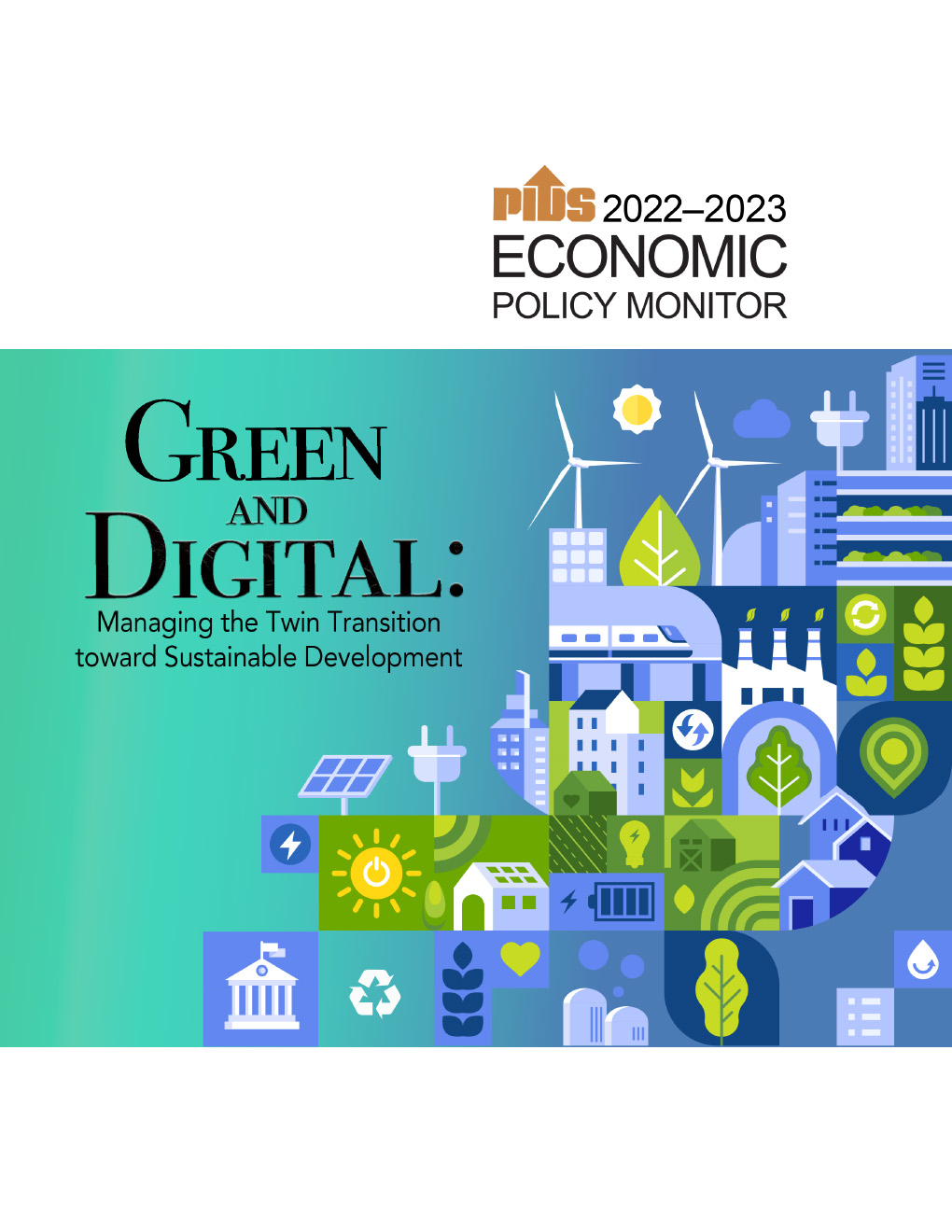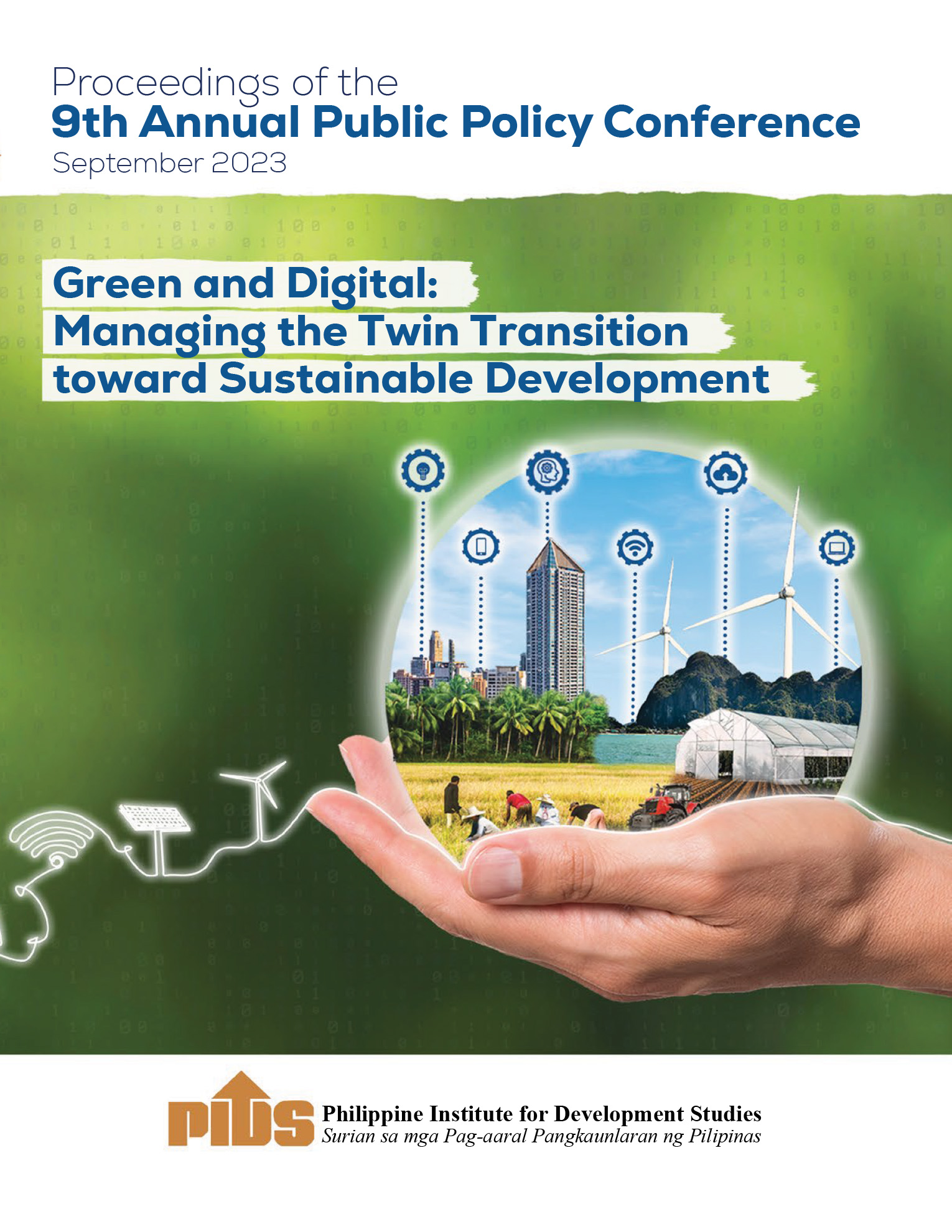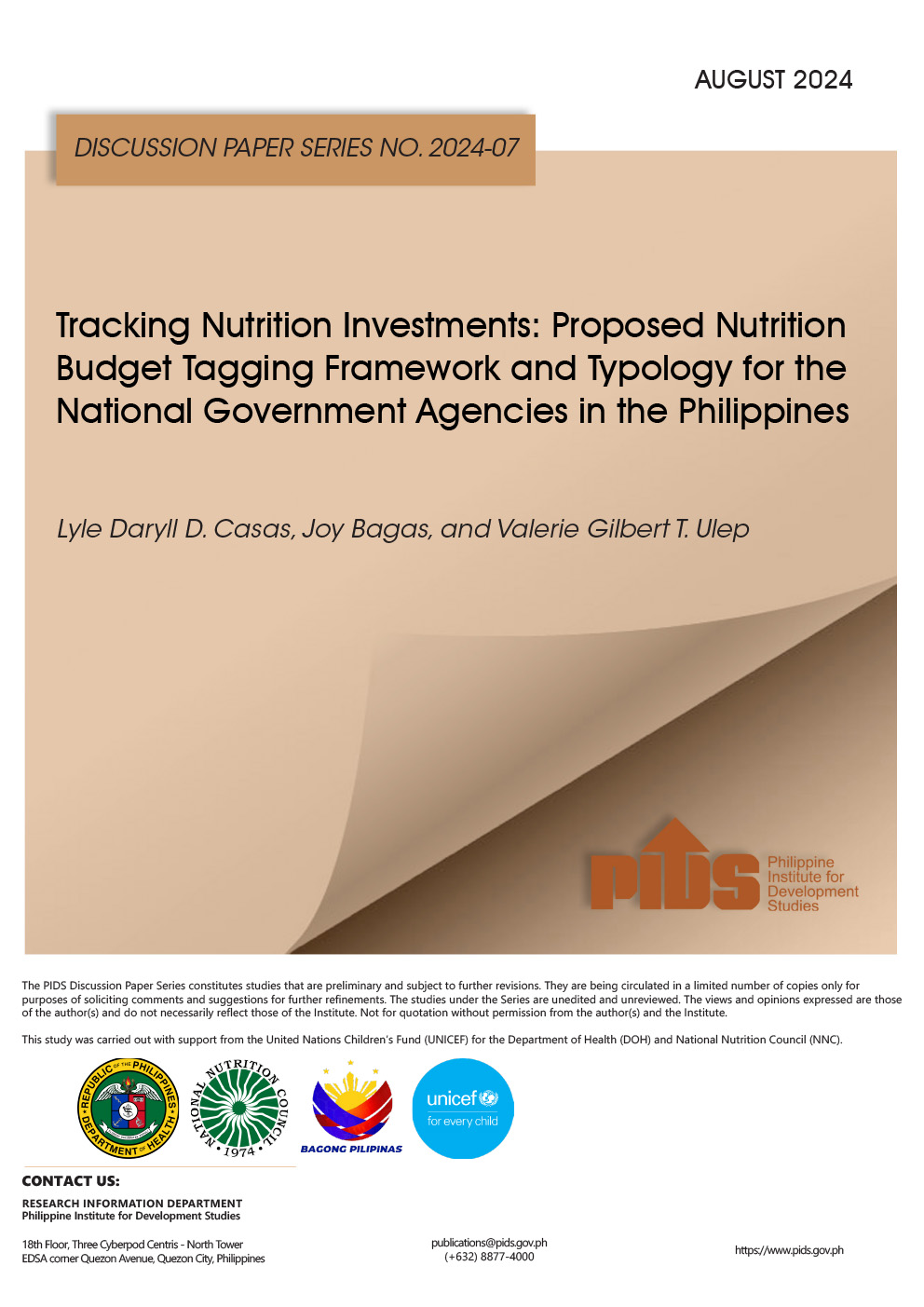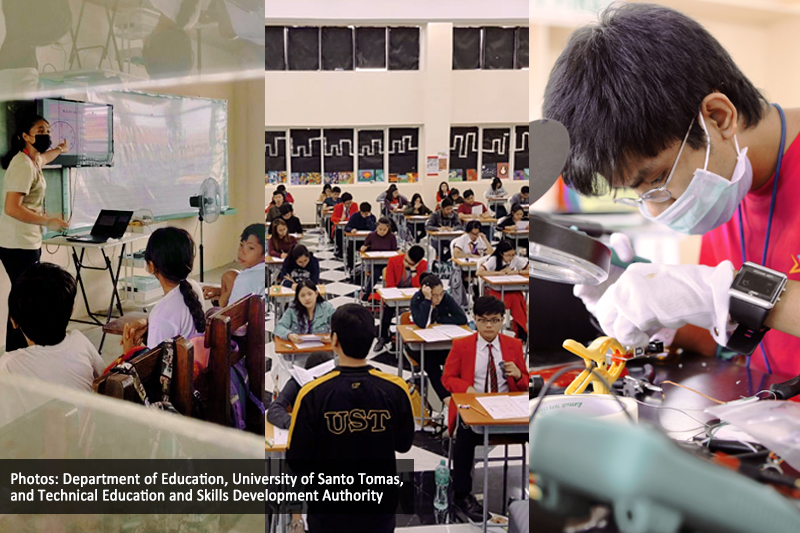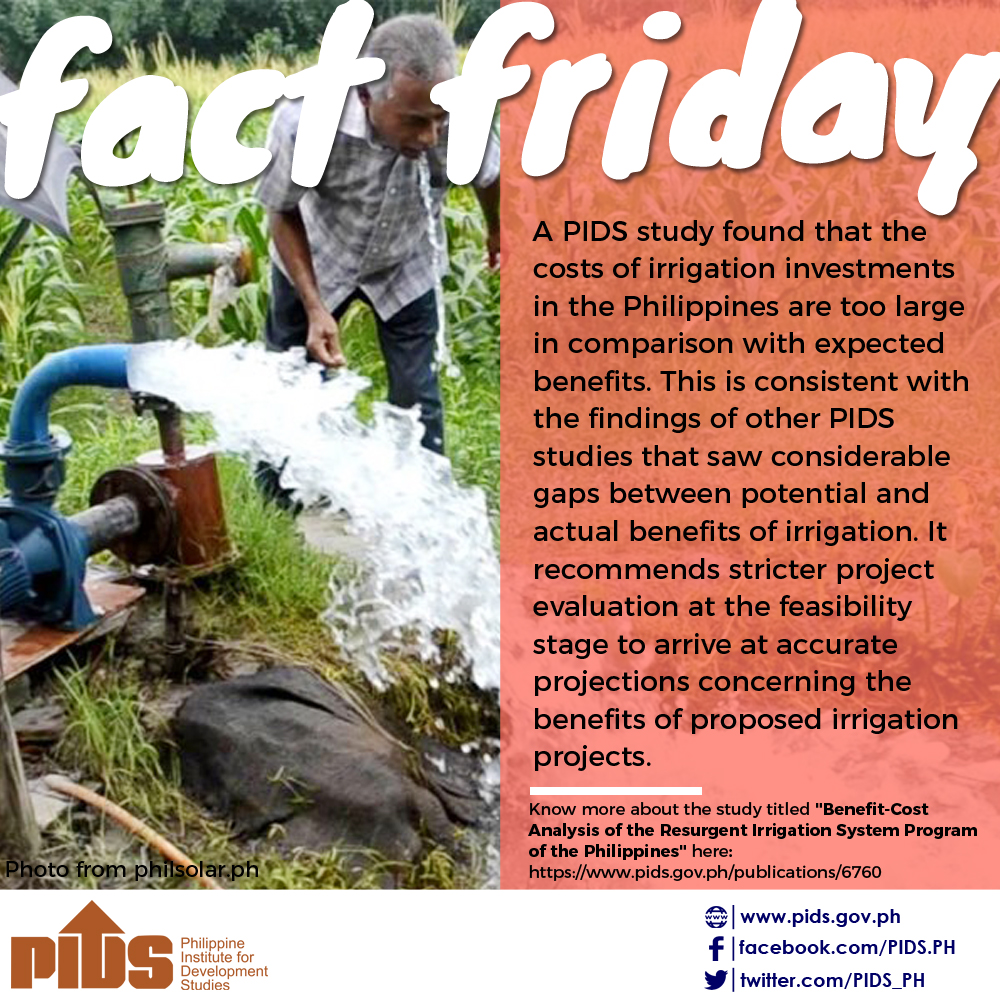Investments approved by the Board of Investments (BOI) rose 13 percent in the first quarter of the year to P61.94 billion from P54.62 billion in the same period last year as investor confidence was sustained despite the forthcoming elections, according to Ceferino Rodolfo, managing head of BOI.
Rodolfo said continued growth in investments is also a reflection of the relevance of granting incentives to specific sectors particularly those which are "underinvested but are socially relevant” even as he added the income tax holiday (ITH) granted by the BOI accounts for a mere .3 percent of gross domestic product(GDP) annually.
The investment approvals were generated from 73 projects from various sectors and are expected to create at least 12,841 new jobs once fully operational.
Rodolfo attributed the increase in approved investments to big-ticket energy-related projects which recorded the largest share, 47 percent, of the total approved investments in the three-month period at P29.34 billion, up 113 percent from P13.759 billion energy-related investment projects a year ago.
Investments in real estate projects particularly economic and low-cost housing also jumped 96.56 percent to P17.870 billion three months into the year from P9.091 billion in the comparable period last year, accounting for 29 percent of total approved investments in the period.
The other projects in the first quarter of 2016 came from transportation and storage with P9.22 billion (15 percent); manufacturing, P4.78 billion (eight percent); and accommodation and food services activities sector, P350.69 million (one percent).
Major manufacturing sub-sector projects approved in the first three months of the year include food products (84 percent share or P3.99 billion); motor vehicles, trailers and semi-trailers (three percent share or P122.59 million); leather and other related products (one percent share or P62.01 million); and other manufacturing products (12 percent share or P593.77 million).
Local investments accounted for 86 percent of the total investment approvals in the first quarter amounting to P53.49 billion, while the remaining 14 percent came from foreign sources amounting to P8.45 billion.
The Netherlands was the country’s top investor in the first quarter of 2016 with P5.95 billion, accounting for 70 percent share of the total investments, followed by the United States of America with P604.54 million (seven percent)); United Kingdom,
P505.49 million (six percent); Singapore, P294.13 million (three percent); and China PROC, P141.64 million (two percent).
Meanwhile, Rodolfo said the grant by the BOI of incentives is backed by theoretical and empirical studies and which have resulted in higher investments, exports and employment.
A study conducted by Rafaelita Aldaba, Department of Trade and Industry assistant secretary, would show actual ITH incentives claimed as a percentage of GDP was only .33 percent in 2004 and .31 percent in 2012 when it granted P32.9 billion tax holiday.
Investments in the same year came in multitudes hitting P858 billion while exports totaled P90 billion and employment 149,878.
Tax payments reached P21.9 billion, offsetting by that much the taxes waived for the year.
That study was submitted to the House ways and means committee as input to two bills, the fiscal incentives rationalization and the Tax Incentives Management and Transparency Act.
Aldaba said a separate study conducted by the Philippine Institute for Development Studies would show that incentives are the top consideration of investors when investing in the country.
Rodolfo defended the use of incentives for the Philippines to stay ahead given the limitations provided by law, compared with competitor countries like Vietnam, Thailand and Singapore which are able to give flexible perks.
"EO (Executive Order) 226 (or the Omnibus Investments Code) is the oldest among (incentive laws in the region) and the Philippines’ ITH period is the shortest at an average of three years,” he said.
Rodolfo stressed the need for BOI to direct incentives to sectors that need investments such as agriculture and socialized housing.
"Among all sectors, agriculture is always behind. We are trying to help that sector. We want to forge linkage in agriculture and growth in manufacturing. Socialized housing does not only have economic justification but a societal goal as well,” Rodolfo said, citing the 3.26 million backlog for this year alone.
Yet agriculture’s share of incentives granted was a mere four percent of total ITH availed between 1995 and 2012. Housing had a similar share.
Between those years, BOI granted a total of P247.6 billion in ITH of which about P9 billion and P10 billion went to agriculture and socialized housing, respectively.
For socialized housing, BOI has tightened qualifications for incentive availment in the current Investment Priorities Plan, ensuring that structures are already up when the proponent starts availing perks.
Aldaba said the grant of incentives is temporary and performance based and follows a set of criteria like employment generation, ability to address missing gaps in the supply and value chain, creation of spillover effects and promotion of a competitive market.//
Related Posts
Publications
Press Releases
Video Highlights
[No related items]

